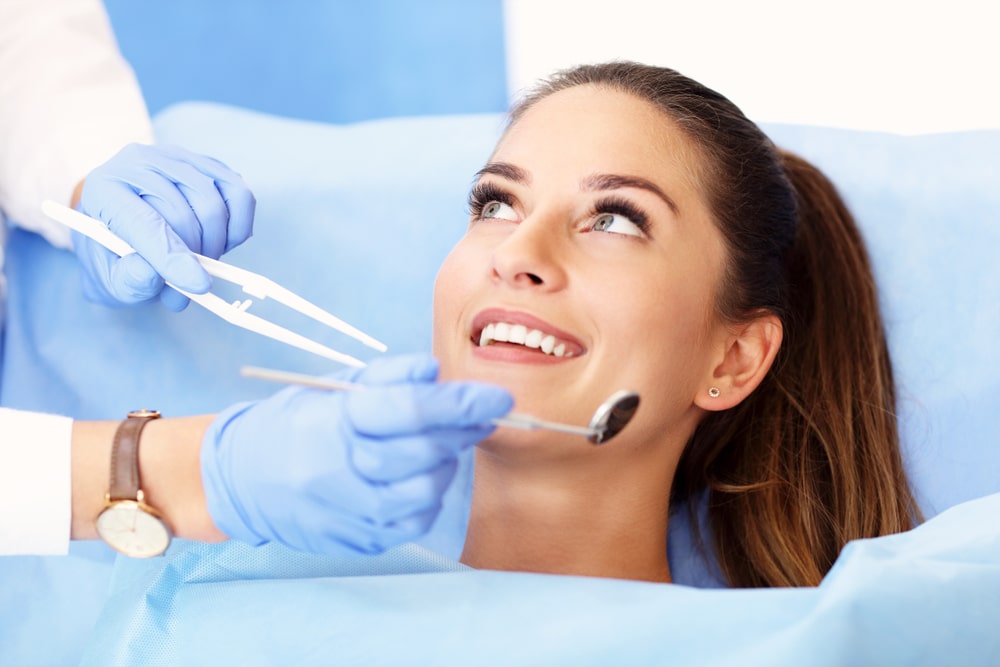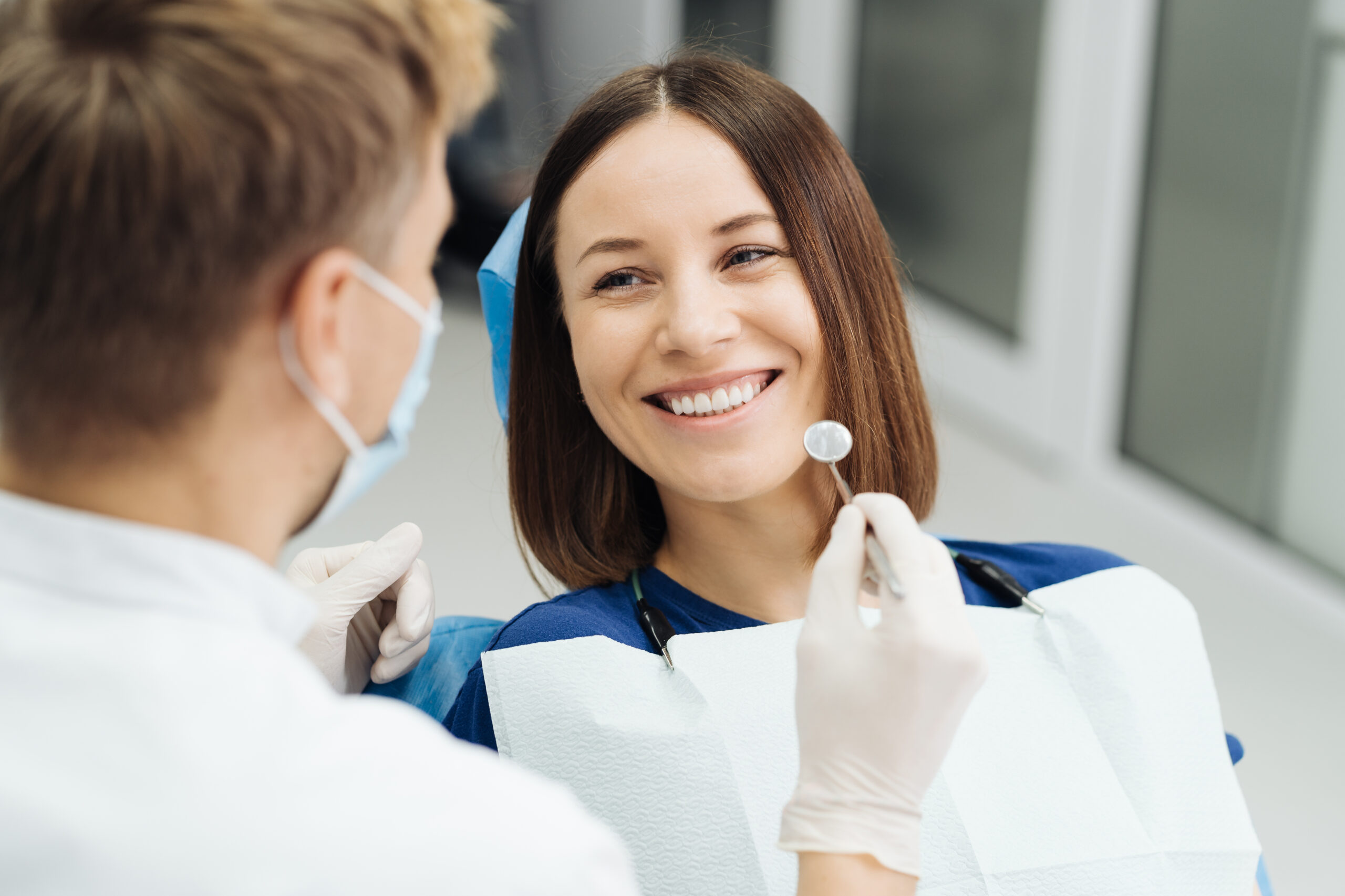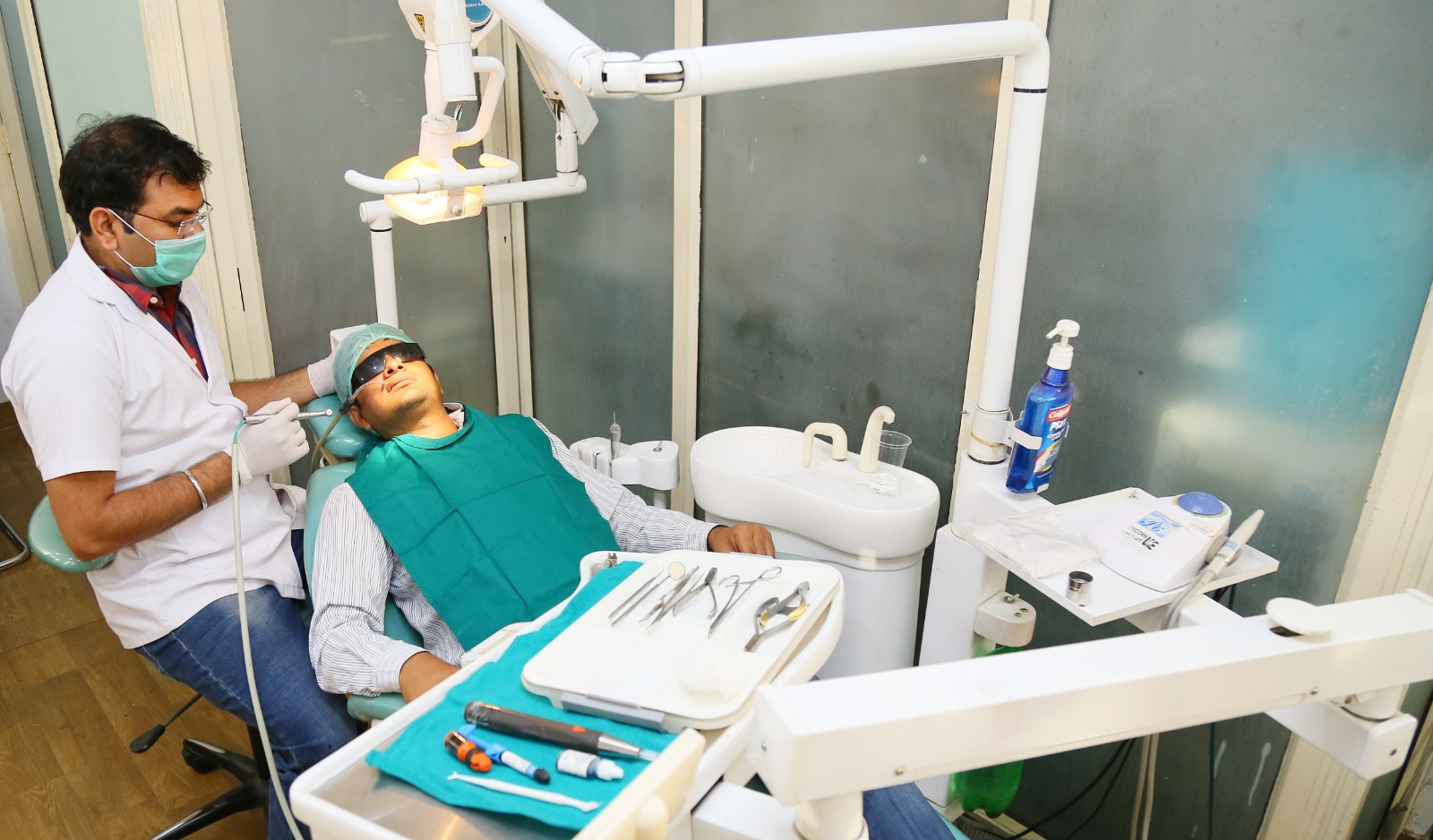Root Canal Treatment

Root Canal Treatment
When the innermost tissue of the tooth (pulp) is infected or inflamed by deep decay or trauma, root canal treatment may be required.
Do you need Root Canal?
These are some of the symptoms which may indicate that you may need root canal treatment-
- Intense pain
- Persistent pain
- Pain when chewing
- Sensitivity to sweet food and temperature
- Abscess (a white bump)
- Drainage
- Discoloring tooth (starts turning grey)
- Swollen gum (especially around a paining tooth)
- Jaw pain
Not everyone would develop symptoms. Hence, regular dental checkups are highly recommended so our experts can diagnose problems on the onset.
How is Root Canal Treatment Performed?
Dr Baweja performs thorough oral examination and imaging (X-Ray) to identify whether you need root canal treatment. The diagnostic tests are important because both jaw joint diseases and periodontal (gum) disorder can also cause pain.
Under local anaesthesia, the back or top of the tooth is opened to access the pulp. After reaching the core of the tooth, some mini scrub brushes and other mini tools are used to clean up the pulp, root chambers, and inside of the tooth.
A material “gutta-percha” is placed after disinfection, i.e., a thermoplastic material made of coagulated latex in the root canals of the tooth.
Once the canals are filled, tooth is filled with solid composite compound to hold the dental crown. A crown is needed, especially for posterior teeth (back teeth), to secure the tooth and make rest of the tooth structure stronger. Patients have to come once more for crown preparation.
X-rays are taken regularly in the root canal procedure to remove the pulp completely and ensure that the whole root canal is filled by gutta-percha.
What to expect after root canal treatment?
You may feel some soreness after treatment. In majority of cases, it takes less than a week for the post-treatment soreness or pain to go away. Meanwhile, we suggest the following remedies –
- Ice pack
- Painkiller as advised
- Proper rest
To avoid worsening the symptoms, you can –
- Try chewing on the other side
- Avoid sugary or acidic food or drinks
- Avoid chewing gums
- Don’t have crunchy or hard foods




